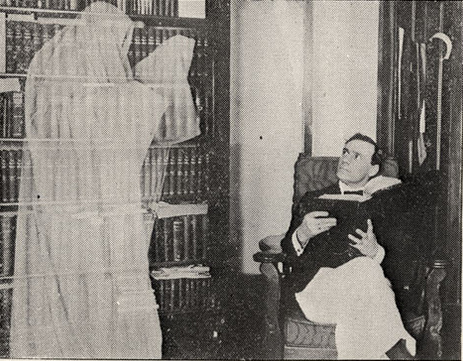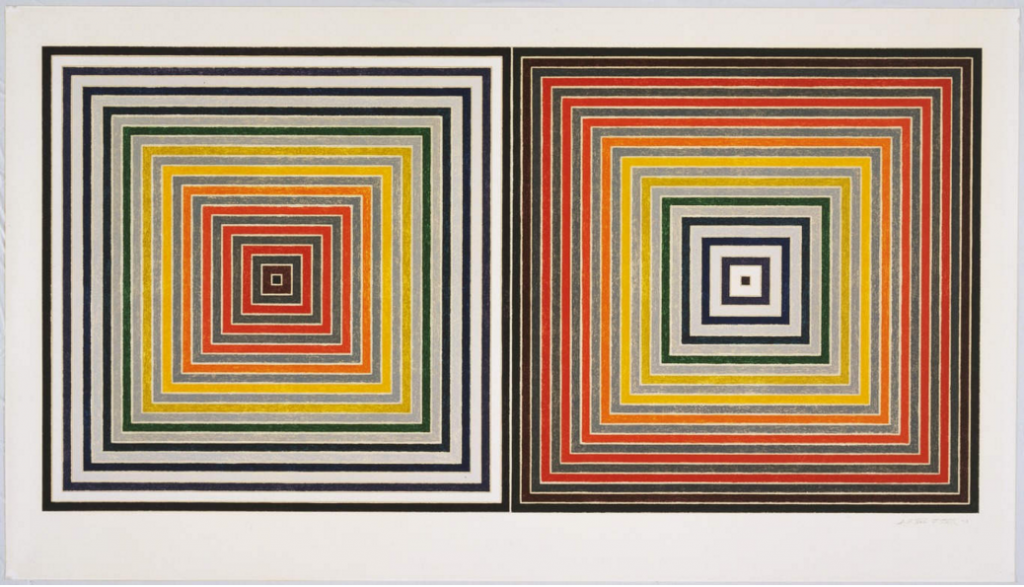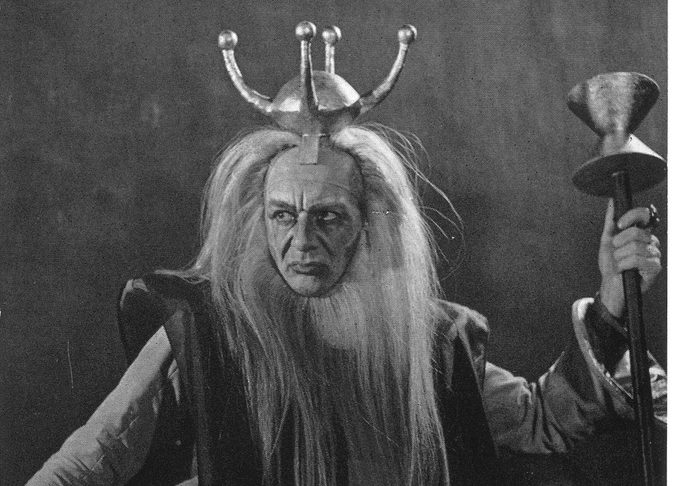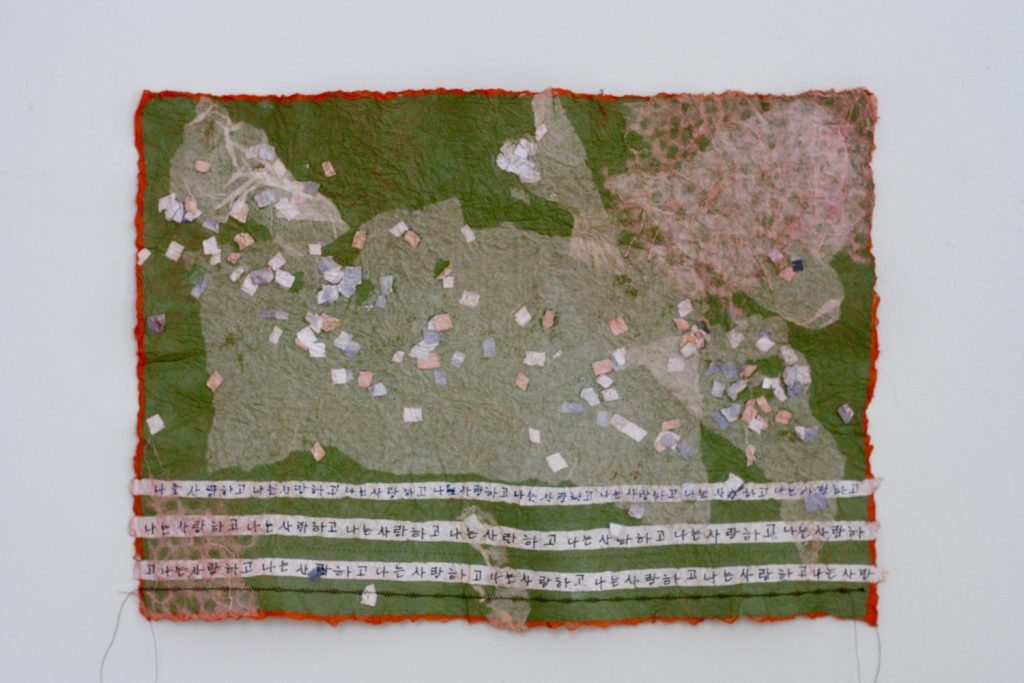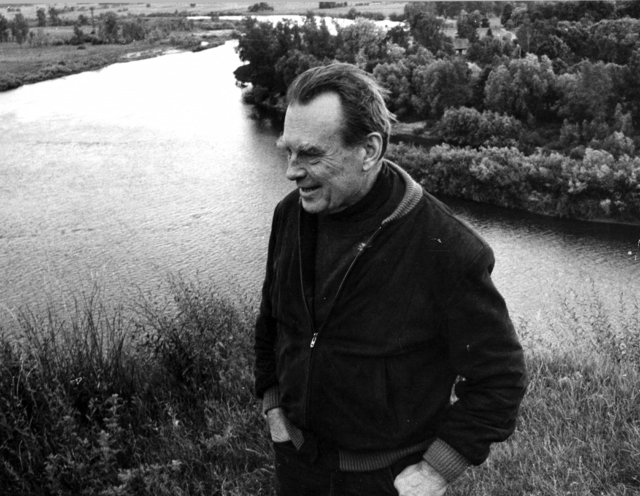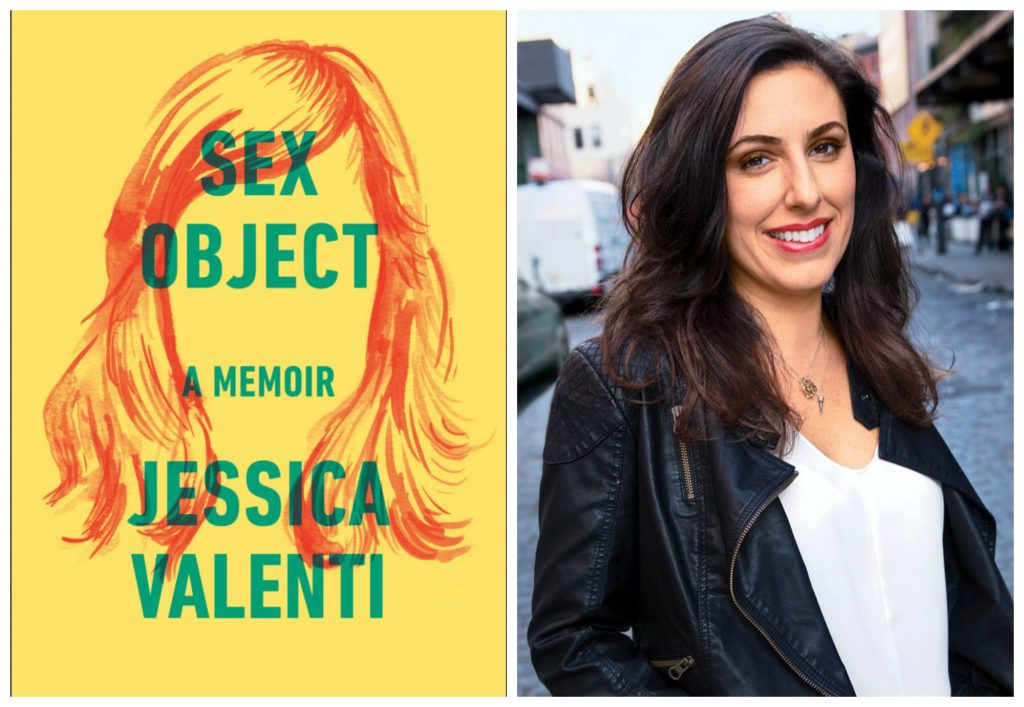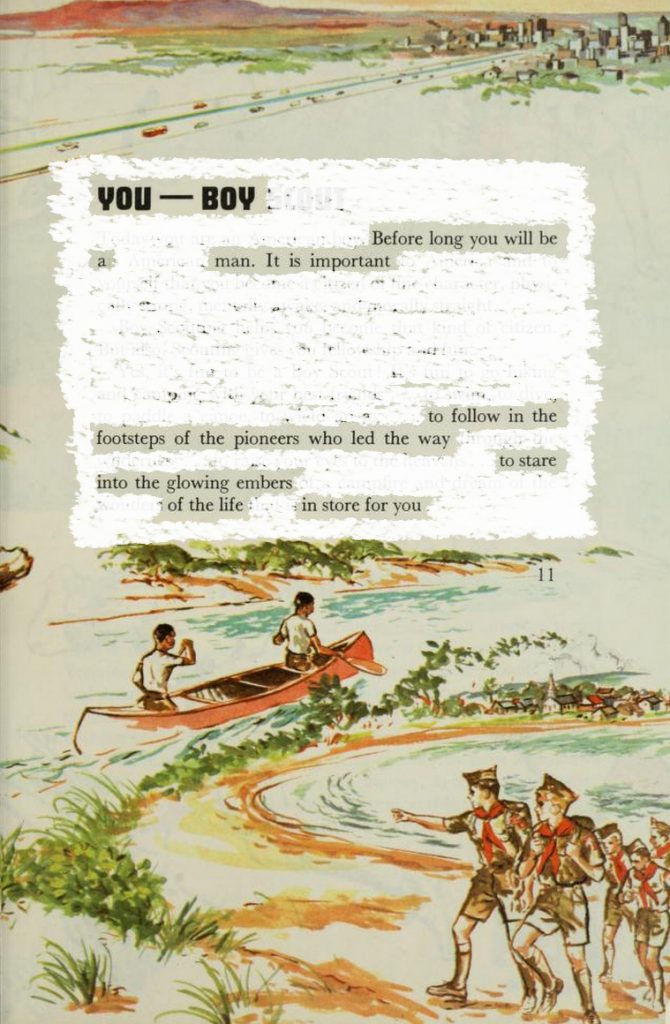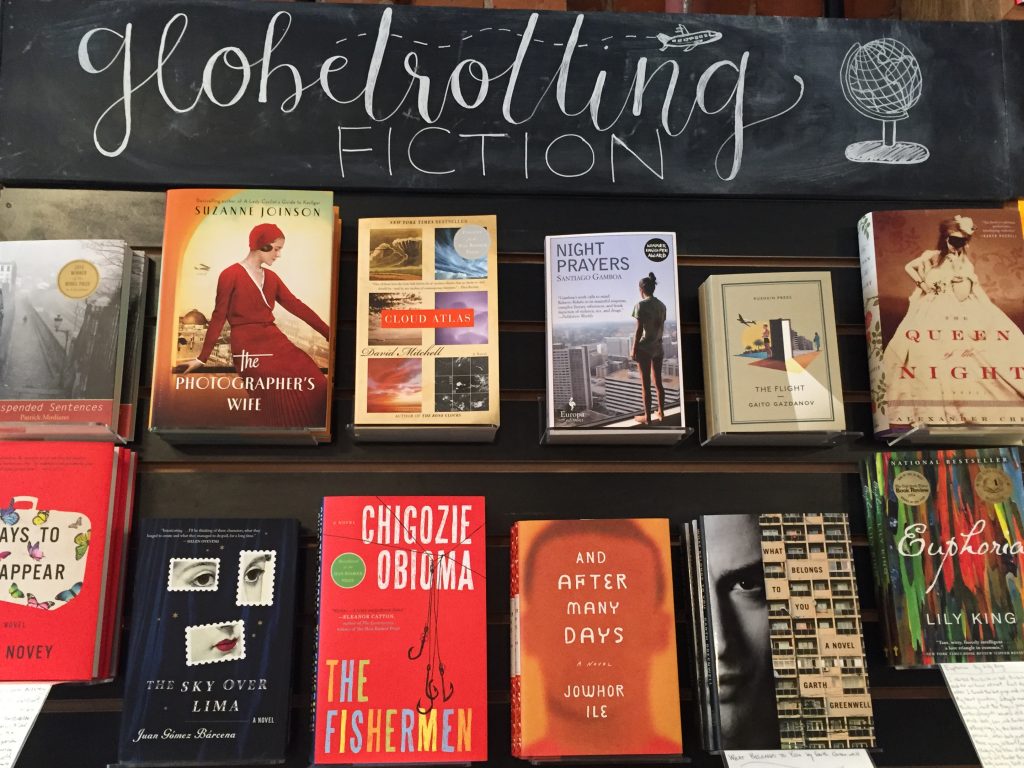“The End of Whispering,” by Zhanna Slor
My very first memory is about being alone. I’m one or two years old, and I’ve just woken up from a nap. It’s pitch black, and I’m standing in a creaky wooden crib, holding the bars, looking out into the small, windowless room of our apartment on Kobylanskaya Street.
“The End of Whispering,” by Zhanna Slor Read More »



